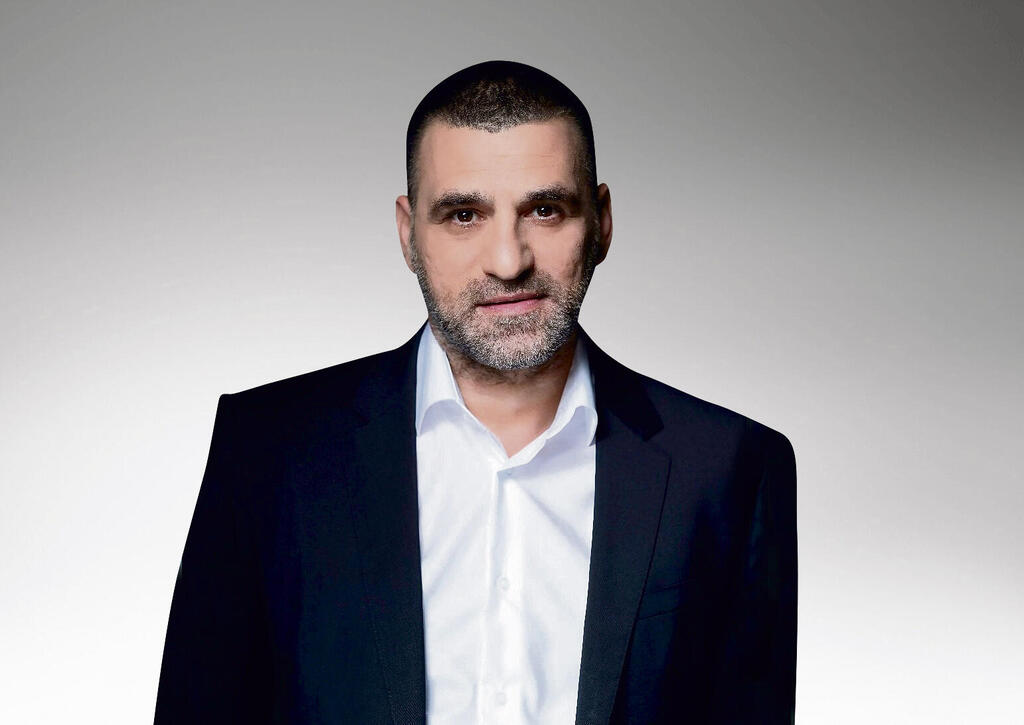
Opinion
Who will ensure food security?
The Iron Swords War sparked discussions on Israel's food security strategy, highlighting vulnerabilities in production and supply chains, prompting industry responses and civil society support. Israel is now transitioning towards a more proactive approach, integrating food security efforts and rebranding the Ministry of Agriculture to address this critical issue with urgency
The Swords of Iron War brought back to the table a discussion about the lack of a long-term strategy for Israel’s food security, i.e. the steady availability of nutritious food with minimum disruption to the production and supply chain. The crisis experienced by all farmers following the war, the direct impact on food factories and their employees in the North and South of Israel, coupled with the difficulty of production and transportation under fire, and the immediate damage to Israel’s sea transport channels, raised a justified concern that consumers may be faced with empty shelves during the war, whether due to incapacitated factories, the vulnerability of transport trucks to missiles, crops not picked in time, or destroyed dairy farms.
The Israeli food industry succeeded in responding quickly to the emergency situation and in overcoming difficulties, which all too often is taken for granted by the public and decision-makers. For example Tnuva, for which approx. 95% of its production is local and 80% its raw materials originate from Israeli agriculture, invested in increasing the protection of its employees in order to give them a sense of personal security to help them continue producing and supplying products to the most distant grocery stores, all under fire. Tnuva even prioritized basic and supervised food products over other products, while building an emergency inventory, and it did everything to ensure that its factories and distribution centers located in combat zones, such as the Netivot logistic center, the delicacy factory in Gan Yavne, and the Tnuva Galil factory in Kiryat Shmona, continued to function. Tnuva also established a NIS 15 million fund to support the Gaza Envelope dairy farms which have been damaged in the fighting, so that they can resume continuous production of milk.
Alongside the preparedness of the food industry, Israeli civil society’s mobilization to help farmers across Israel should also be commended, with its manual labor, picking and sowing the fields, and purchasing goods made in Israel, which it possible for farmers to continue to survive, and concurrently enabled the public to receive fresh agricultural products.
However, a country that desires life cannot rely only on the excellence of an industry or the goodwill of its residents, which are of course significant, but not enough. Israel needs to ensure the resilience and stability of its local agriculture and industry, which will support the country during times of crisis or disaster.
This need is further exacerbated by Israel's unique situation as an island nation that depends on the import of raw materials and goods through international supply chains. This continuity has been significantly damaged in the past few years due to the Russia-Ukraine war, the Covid pandemic, and the climate crises which have led many countries to reduce their export volumes in favor of the security of their local economies. The Houthi attacks in the Red Sea in recent months and airlines stopping flights to Israel further demonstrate how vulnerable our import channels may be.
All of these are aggravated by the global problem of how to continue feeding the world’s growing population when humanity’s resources dwindle in the future, an issue that also preoccupied Israel before the war and Covid and is not only derived from unexpected emergency situations. An impressive foodtech industry has also blossomed in Israel which focuses, among other things, on developing solutions to accelerate growth and production processes in order to reduce our use of natural resources, and on solutions to reduce our dependence on animal-based foods through alternative proteins. Tnuva has itself invested hundreds of millions of shekels in the development and production of alternative protein products and in the foodtech field. However, as aforementioned, this is just another element in the food security “iron dome”, a layer of defense that the State is yet to establish.
Against the background of these developments, in the last decade we have seen many countries worldwide defining long-term strategies for food security and investing significant resources towards this goal. Some such endeavors include growing and producing specific products matching the local diet to ensure that they will always be in stock, assisting farmers, building emergency storehouses for food products, supporting local industry, and diversifying and ensuring the stability of import channels.
Israel is undoubtedly lagging behind, but in recent months we can finally see a turning point, as the National Security Council has taken on the role of food security integrator, and the Ministry of Agriculture, which leads the industry, recently announced that will be renamed the “Ministry of Agriculture and Food Security”. The Ministry is soon expected to submit a proposal for a government resolution to launch a national food security program for the coming 25 years. This process must be done relatively quickly, with clearly-defined targets and a swift transition to operative steps, because if we have learned anything from the recent war, it is that we don’t have any time to waste.
Haim Gavrieli is the Chairman of the Tnuva Group














